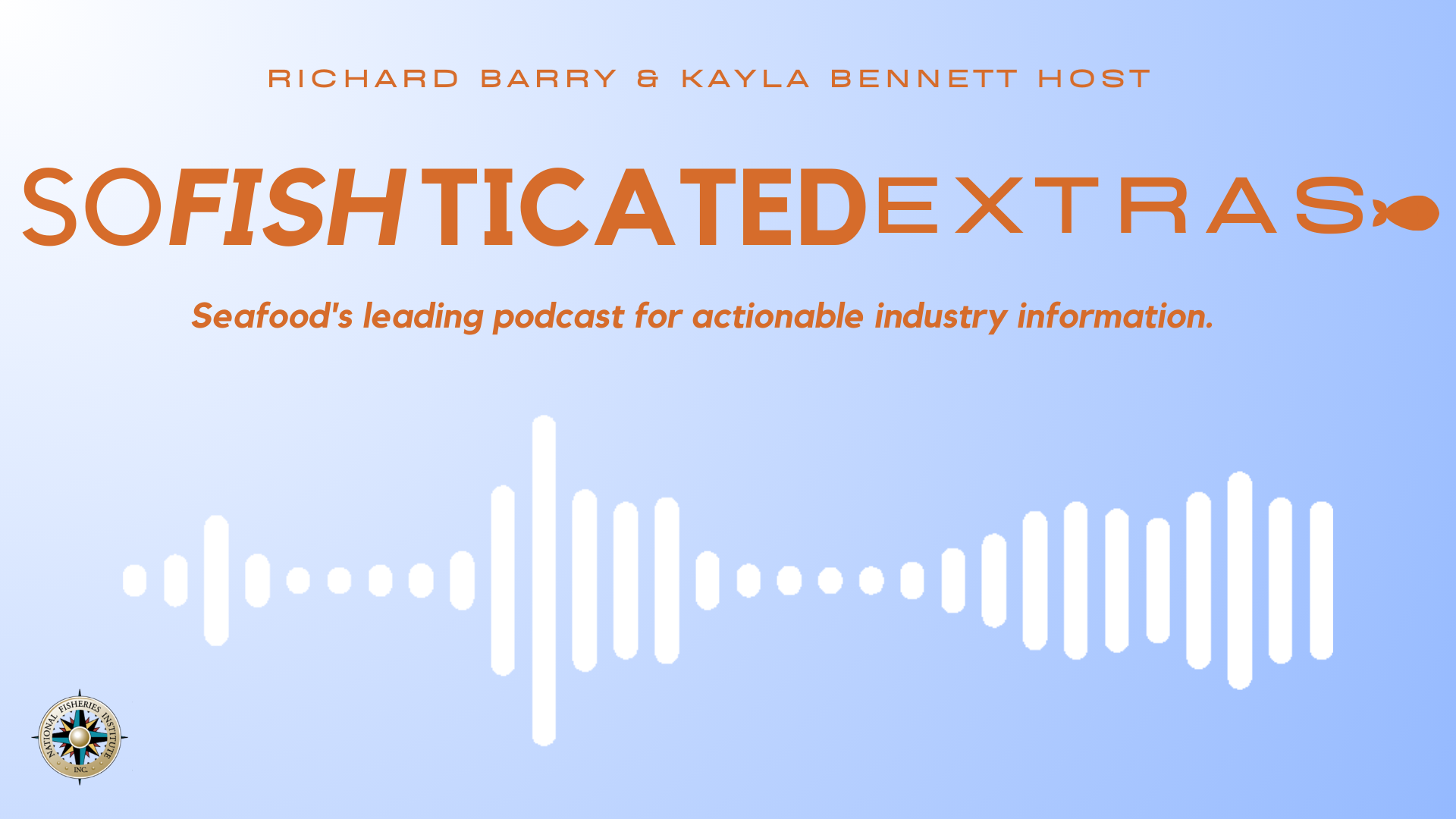Time For An Update; Today.com Reports Yesterday’s Science
September 1, 2015
Madelyn Fernstrom
Health & Nutrition Editor
Today.com
Dear Ms. Fernstrom,
Today.com’s recent article Eating fish 2-3 times a week is recommended: What about every day? enters into and an interesting and important discussion about seafood consumption in this country. By and large Linda Carroll’s reliance on experts guides her towards some useful information that may be able help your readers make informed dietary decisions.
However, her reporting fails by omission in some parts as well. She writes about limits on things like tuna for pregnant women. Keeping up with the latest science is a hallmark of good reporting and the very latest science from the FDA’s Net Effects Report (p.111) clearly concludes that old suggested limits of 6 oz of Albacore tuna per week for pregnant women are out of date. The latest study suggests 56 oz’s is the new most conservative limit. That’s 2 tuna sandwiches every day, every week for her entire pregnancy. If the question is “what about every day?” it is asked and answered.
Currently the FDA estimates pregnant women eat 1.89oz of seafood weekly. As written, “…experts say, eating seafood more than twice a week, for most people, can be healthful…” that applies to tuna and pregnant women. This important development goes unreported.
Likewise, inappropriate hyperbole enters into the piece when she writes, “some experts have suggested that we could empty the seas of fish by 2050 if we increase the amount we eat.” No legitimate fisheries management scientists “suggests” that. In fact the author of the original study that suggested pescatarial Armageddon by 2048 has long since backed off that predication. In fact in 2009 marine ecologist Boris Worm of Dalhousie University published an updated study in the journal Science that found him suggesting he plans to be “hosting a seafood party” in 2048 instead of mourning the loss of all marine ecosystems.
Ms. Carroll poses an interesting question with her headline but did not answer it with the most up to date science. We ask that you update this article now that you have been made aware of the facts.
Thank you for your attention to this matter.
Gavin Gibbons
Vice President, Communications
National Fisheries Institute


